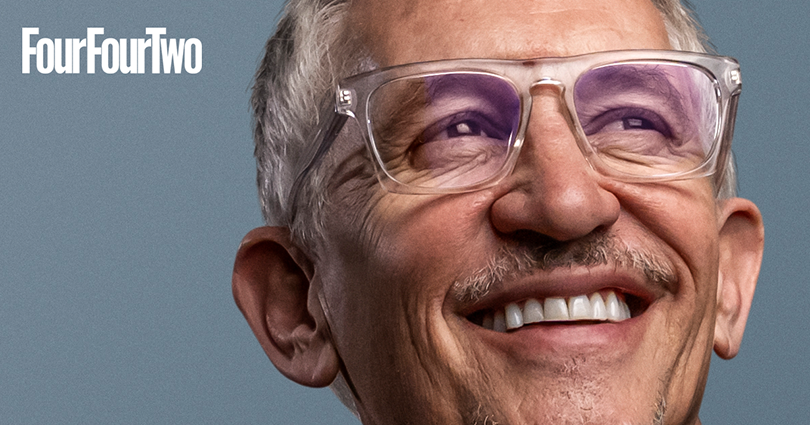Lineker: Honours vs. Humanity – A Clash of Values in the Public Eye
Gary Lineker, the beloved former England footballer and current BBC presenter, recently found himself at the centre of a fierce debate that transcended the world of sports. His comments on the UK government's controversial asylum policy ignited a firestorm, prompting questions about the intersection of personal beliefs, public broadcasting, and national honours. This article delves into the complexities of the Lineker case, examining the clash between his outspoken views and his prestigious position.
The Spark That Ignited the Controversy:
Lineker's tweets criticizing the government's "anti-refugee" rhetoric sparked immediate outrage from within the Conservative Party. He likened the language used to that of 1930s Germany, a comparison that many found inflammatory and deeply offensive. This wasn't a simple disagreement on policy; it tapped into deeply held beliefs about freedom of speech, political neutrality, and the role of public figures.
Honours and Obligations:
Lineker is an Officer of the Order of the British Empire (OBE), a prestigious honour recognizing his contributions to football and broadcasting. This begs the question: do recipients of such honours forfeit their right to express dissenting opinions? The debate centers on the perceived conflict between upholding the values associated with the honour and exercising freedom of expression. Some argue that accepting an honour implies a certain level of deference to established authority. Others maintain that public figures, regardless of their honours, have a responsibility to speak truth to power.
BBC Neutrality Under Scrutiny:
The BBC, a publicly funded broadcaster, strives to maintain a position of neutrality in its news coverage. Lineker's outspoken views presented a challenge to this principle. The corporation faced criticism for allowing one of its most high-profile presenters to express such politically charged opinions, particularly given the potential for alienating viewers. The ensuing events, including Lineker's temporary removal from presenting Match of the Day, highlighted the delicate balance between journalistic freedom and organizational integrity.
Freedom of Speech vs. Responsible Discourse:
At the heart of this controversy lies a fundamental debate about freedom of speech. Lineker's critics accused him of engaging in irresponsible rhetoric and potentially inciting hatred. His supporters, however, argued that he was exercising his right to express his views, a cornerstone of a free and democratic society. The ensuing discussion underscored the importance of responsible discourse and the need to distinguish between legitimate criticism and inflammatory language.
The Wider Implications:
The Lineker case has raised important questions about the role of public figures in a polarized political climate. It highlights the challenges of balancing personal convictions with professional responsibilities, particularly in the context of public broadcasting. The debate extends beyond Lineker himself, prompting a broader conversation about the limits of free speech, the expectations placed on public figures, and the responsibilities of organizations like the BBC.
Conclusion:
The Lineker saga is far from over. It serves as a stark reminder of the complexities inherent in navigating the intersection of public life, personal beliefs, and national honours. The ongoing debate will undoubtedly continue to shape the discourse surrounding freedom of speech, media neutrality, and the role of public figures in modern society. What's clear is that the "Honours vs. Humanity" conflict raises profound questions that deserve careful consideration.
Keywords: Gary Lineker, BBC, Match of the Day, OBE, freedom of speech, political neutrality, asylum policy, refugee crisis, public broadcasting, controversy, UK government.

